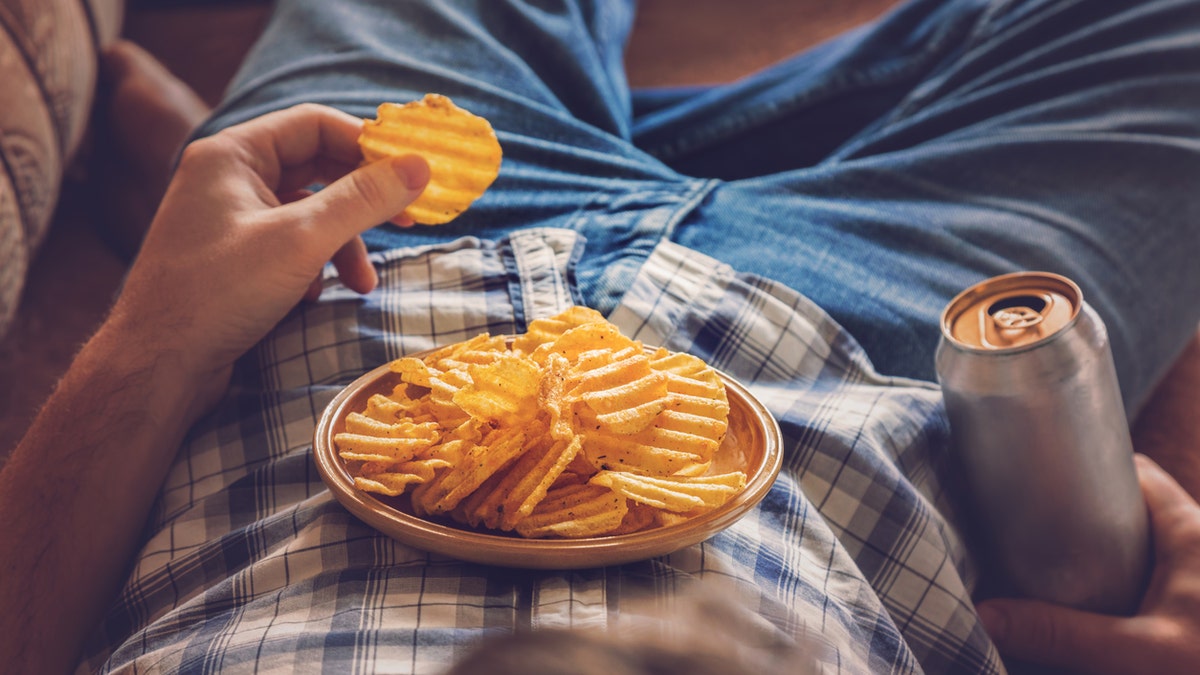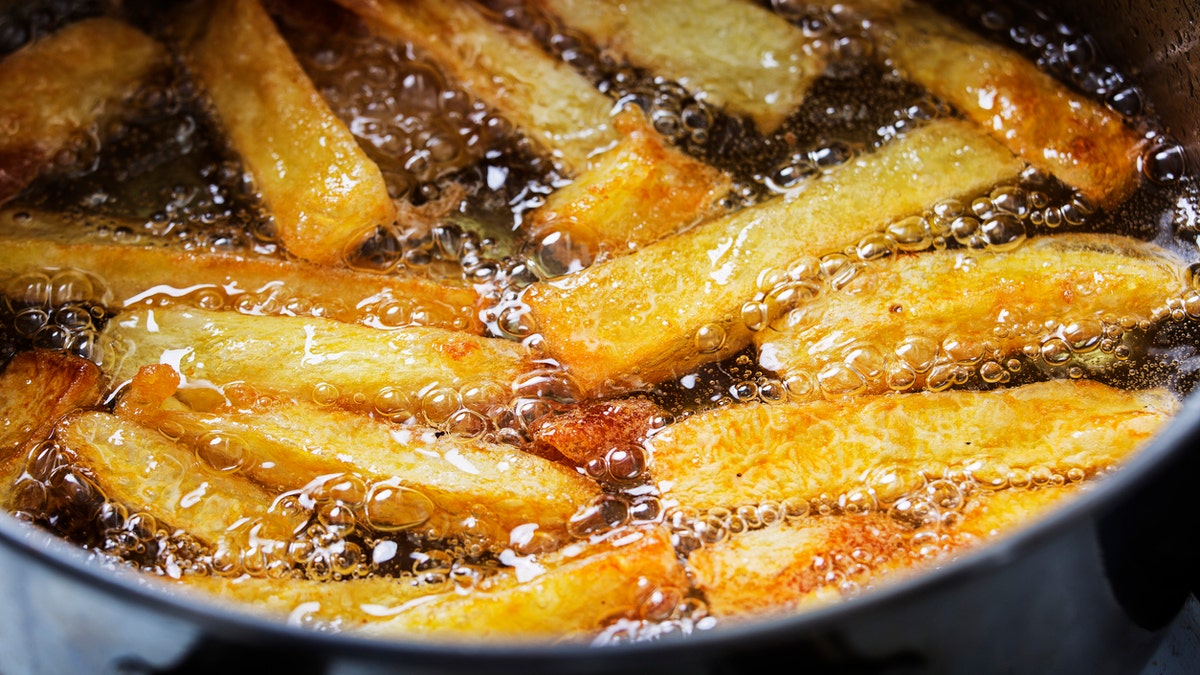
A team led by Professor Herbert Herzog, Head of the Eating Disorders laboratory at the Garvan Institute of Medical Research, have found that when we're stressed, comfort eating can lead to even greater weight gain. (iStock)
Do you tend to eat more when you're stressed?
If so, we've got bad news for you: you're more likely to put on weight then at any other time - even if you're eating the same kinds of food.
A team led by Professor Herbert Herzog, Head of the Eating Disorders laboratory at the Garvan Institute of Medical Research, have found that when we're stressed, comfort eating can lead to even greater weight gain.
"This study indicates that we have to be much more conscious about what we're eating when we're stressed, to avoid a faster development of obesity," says Professor Herzog.
While some people eat less when they're stressed, most of us tend to eat more and it's often the more calorie-dense stuff that we're putting away.
Food intake is controlled by our brains
To investigate the effects of "stress eating," scientists looked at different areas of the brain in mice.
While food intake is mainly controlled by a part of the brain called the hypothalamus, another part of the brain - the amygdala - processes emotional responses, including anxiety.
Their study found that when mice were stressed over an extended period of time and high-calorie food is available, they became obese more quickly than when they consumed the same food in a stress-free environment.
We produce a stress-eating chemical
At the center of the weight gain was a molecule called NPY, which the brain produces in response to stress to stimulate eating.
"We discovered that when we switched off the production of NPY in the amygdala weight gain was reduced," explained lead author Dr Kenny Chi Kin Ip.
"Without NPY, the weight gain on a high-fat diet with stress was the same as weight gain in the stress-free environment. This shows a clear link between stress, obesity and NPY."

French fries fry in hot bubbling oil in a frying pan (iStock)
Insulin production can be affected
Normally, our body produces insulin just after a meal to help cells absorb glucose and to send a "stop eating" signal to the brain when we're full.
Chronic stress alone raises those insulin levels a little, but when we're stressed and we eat calorific food, those insulin levels go through the roof.
Over a long period of time, our nerve cells become desensitized to insulin - stopping them from detecting it all together.
That then leads nerve cells to boost their NYP levels, which promotes us to eat more and stops us from being able to burn energy through heat.
In other words, it becomes a vicious cycle that eventually leads to obesity.
"Our findings revealed a vicious cycle, where chronic, high insulin levels are driven by stress and a high-calorie diet promoted more and more eating," explained Professor Herzog.
"This really reinforced the idea that while it's bad to eat junk food, eating high-calorie foods under stress is a double whammy that drives obesity."
He said that while insulin imbalance is at the center of a number of diseases (like diabetes), more research is needed to examine how it impacts on the brain as well as the body.
This story originally appeared on The Sun. Read more content from The Sun here.
